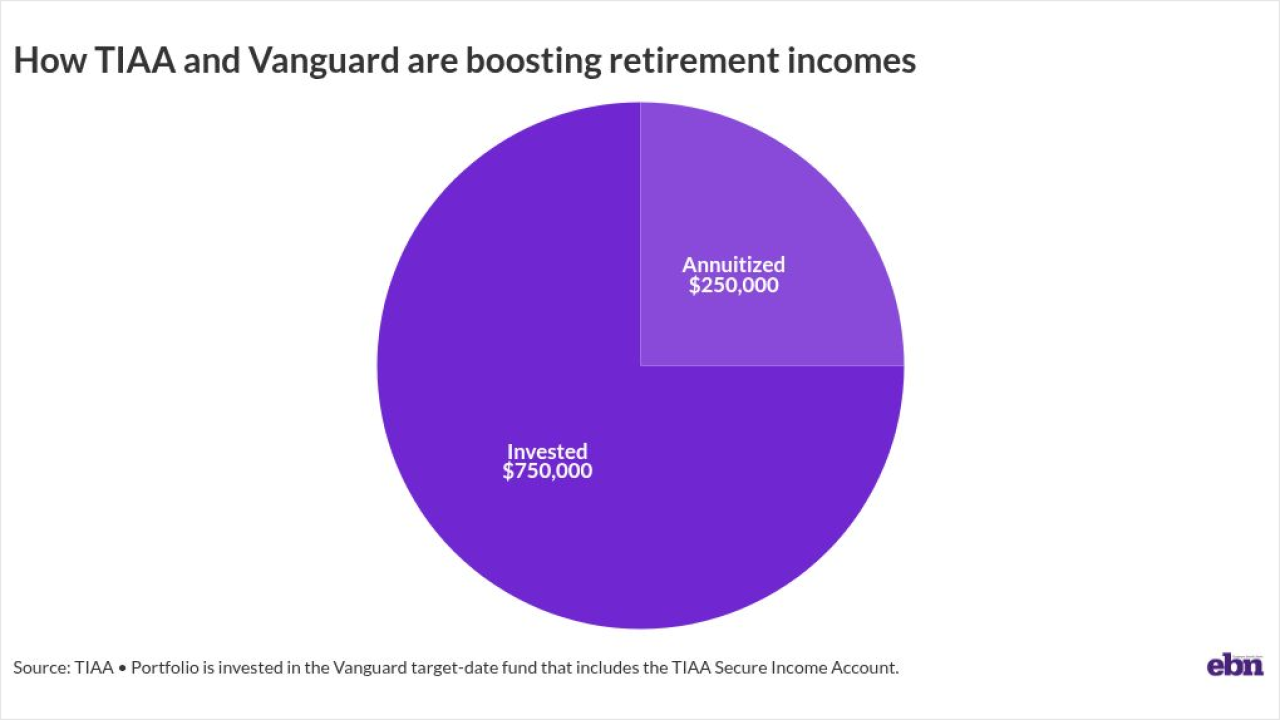The
Amidst these additional pressures, one strategy stands out as a potential remedy:
The current state of the healthcare workforce
The Healthcare Industry is experiencing significant challenges in terms of employee retention, satisfaction, engagement, and productivity. According to a 2021 survey by the American Medical Association,
Similarly, the National Academy of Medicine found that 35-54% of nurses and physicians in the United States
The
Read more:
Benefits of employee recognition in healthcare
Reduction in burnout and stress
Recognizing employees for their hard work and dedication can significantly reduce feelings of burnout. A study published in the Journal of Applied Psychology found that
Improved patient care
When healthcare workers feel valued, they are more likely to be motivated and engaged in their work. According to Press Ganey, hospitals that implement robust employee recognition programs see a 12%
Enhanced team collaboration
When employees are recognized for their contributions, it reinforces a culture of mutual respect and appreciation. The Society for Human Resource Management (SHRM) reported that companies with strong recognition practices are
Higher retention rates
The high turnover rate among healthcare professionals not only incurs substantial costs but also disrupts patient care continuity. According to the Becker's Hospital Review, the
Increased employee engagement
Engaged employees are more productive, provide better patient care, and are less likely to leave their jobs. A
Read more:
Implementing effective recognition programs
To harness the benefits of employee recognition, healthcare organizations need to implement
Regular and consistent recognition
Recognition should be a regular and consistent part of the organizational culture. This can include daily acknowledgments, monthly awards, and annual celebrations of achievements. Consistency and timeliness ensures that employees feel continuously valued.
Personalized recognition
Personalized recognition is more impactful than generic acknowledgments. Understanding what type of recognition resonates with individual employees can enhance its effectiveness. For example, some may appreciate public recognition, while others may prefer private acknowledgment. This may require additional research of your employee base, but can be as simple as a survey gathering the information.
Incorporating peer recognition
Encouraging peer recognition can foster a supportive work environment. Peer recognition programs allow colleagues to recognize each other's contributions, promoting a culture of mutual respect and appreciation. Be sure your programs allow for peer-to-peer programs.
Read more:
Utilizing technology
Leveraging technology can streamline recognition programs and make them more accessible. Platforms like Awardco provide tools for implementing and managing employee recognition programs, ensuring that recognition is timely and relevant.
Aligning recognition with organizational values
Recognition programs should align with the organization's values and goals. Recognizing behaviors and achievements that reflect organizational values reinforces those values and motivates employees to embody them.
The healthcare industry faces numerous challenges, but employee recognition offers the most promising solution to many of these issues. By reducing burnout, improving patient care, enhancing team collaboration, increasing retention rates, and boosting employee engagement, recognition programs can play a crucial role in healing the healthcare workforce.






